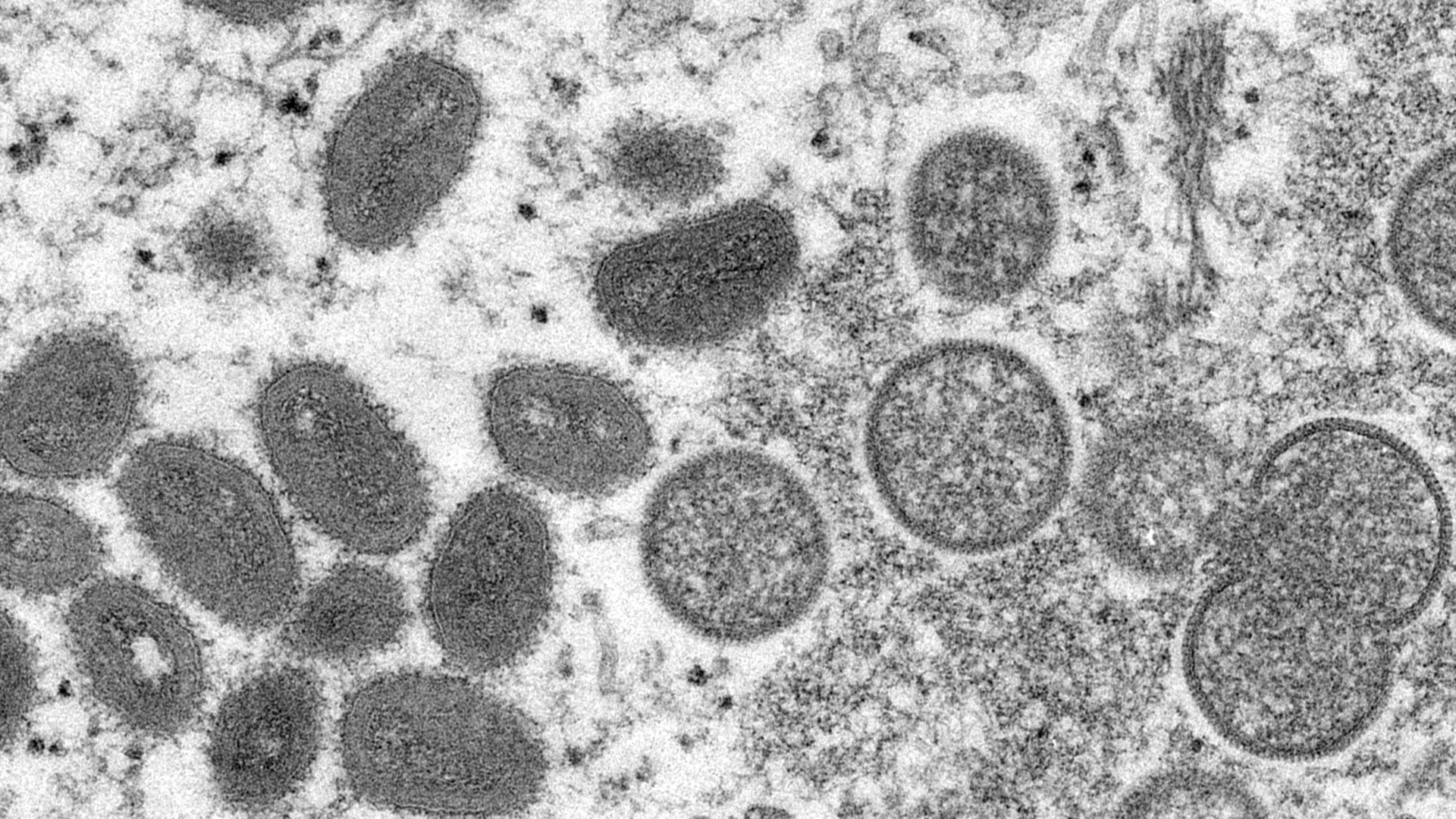COLUMBUS, Ohio — Ohio health officials say they have identified the first probable case of monkeypox in the state.
Dr. Bruce Vanderhoff, director of the Ohio Department of Health, told reporters Monday that a man in Ohio tested positive for an orthopox virus. State health officials are working with the federal Centers for Disease Control and Prevention to try to confirm whether the disease is in fact monkeypox, he said.
Vanderhoff stressed that monkeypox is not the same as COVID-19, and does not spread as easily from person to person.
Monkeypox is a rare disease from the same virus family as smallpox. Currently, there are 65 confirmed cases in the United States and nearly 1,500 outside of countries in Africa where the virus usually spreads.
Vanderhoff declined to release specific information about the case to protect the privacy of the patient, but he said it isn't “atypical” compared to other U.S. cases. The patient remains isolated and is following recommendations of medical providers and public health officials, he said.
WHAT IS MONKEYPOX?
Monkeypox is a virus that originates in wild animals like rodents and primates, and occasionally jumps to people. It belongs to the same virus family as smallpox.
Most human cases have been in central and west Africa and outbreaks have been relatively limited.
The illness was first identified by scientists in 1958 when there were two outbreaks of a “pox-like” disease in research monkeys — thus the name monkeypox. The first known human infection was in 1970, in a young boy in a remote part of Congo.
WHAT ARE THE SYMPTOMS AND HOW IS IT TREATED?
Most monkeypox patients experience only fever, body aches, chills and fatigue. People with more serious illness may develop a rash and lesions on the face and hands that can spread to other parts of the body.
Most people recover within about two to four weeks without needing to be hospitalized, monkeypox can be fatal for up to 6% of cases and is thought to be more severe in children.
Smallpox vaccines are effective against monkeypox and anti-viral drugs are also being developed.
The European Centre for Disease Prevention and Control recommended all suspected cases be isolated and that high-risk contacts be offered a smallpox vaccine. The U.K. is offering high-risk contacts the smallpox vaccine and recommending anyone who might be infected to isolate until they recover.
The U.S. has 1,000 doses of a vaccine approved for the prevention of monkeypox and smallpox, plus more than 100 million doses of an older-generation smallpox vaccine in a government stockpile, officials said.
HOW MANY MONKEYPOX CASES ARE THERE TYPICALLY?
The World Health Organization estimates there are thousands of monkeypox infections in about a dozen African countries every year. Most are in Congo, which reports about 6,000 cases annually, and Nigeria, with about 3,000 cases a year.
In the past, isolated cases of monkeypox have been spotted outside Africa, including in the U.S. and Britain. The cases were mostly linked to travel in Africa or contact with animals from areas where the disease is more common.
In 2003, 47 people in six U.S. states had confirmed or probable cases. They caught the virus from pet prairie dogs that been housed near imported small mammals from Ghana.

